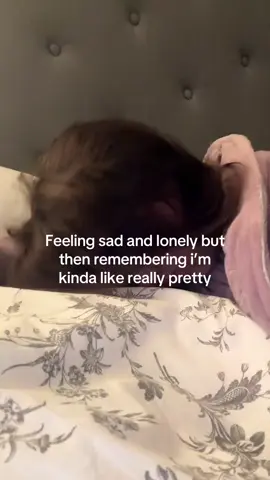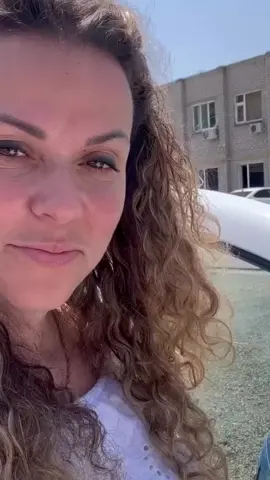The Karlo Salonga Show
Region: PH
Wednesday 05 April 2023 14:34:02 GMT
20673
482
9
30
Music
Download
Comments
ALPHA WARRIOR💪🇵🇭🙏 :
grabi na inspired ako sa ipon mo amigo sana makaipon din ako ng ganun kailangan lang tlaga ng tsaga
2023-04-10 07:55:43
2
Rhoda Sarvida260 :
lah.. montik kuna nahulaan 300k..hula ko
2023-04-11 10:16:36
1
JM♥️ :
sana mabigyan mo ako idol sa darating na birthday ko ngayong may 02 🙏🏻🙏🏻🙏🏻🙏🏻
2023-04-10 07:27:45
0
💔broken hearted💔 :
woow npakagaling Sana mkaipon din ako ng ganong khalaga😊
2023-04-13 03:48:16
0
Zy jeah :
woww kuya Ang Galing mo mag ipon alam mo Kuya gustong gusto kung maging tulad sa iyo mag ipon Ako Ng marami para sa kinabukasan ko Yan Ang GOAL💖👍👌
2023-04-25 10:25:55
0
marissacabral75 :
ako rin dati malki din na iipon konun ksi time na mlki Yung shod nmn sa work nun nong nag pandimic lng tlga nagamit korin na ubos din mga ipon konon
2024-01-27 11:30:13
0
marissacabral75 :
Kasi nwaln kmi Ng trbho non tpos ikaw lng yung may trbho sa sainyo Yan Yung dti diko na isip na kumuha Ng bhy ska kulng naisip non matanda nko
2024-01-27 11:32:51
0
marissacabral75 :
dito ako na inspired tlga syo idol Kya na idol kita ako nmn magaling tlga ko mag ipon ngyn lng tlga diko makaipon hirp ako sa bayarin ko sa rent ko
2024-01-27 11:34:36
0
To see more videos from user @karlosalonga, please go to the Tikwm
homepage.
![Do you ever wonder where all our fast fashion cast-offs end up? In Ghana, Joseph Ayesu has seen the beaches in the capital city where he grew up become increasingly choked by the weight of fast fashion waste disproportionately ending up on its shores from countries like the UK, US and China. “Instead of fishes, [fishermen] are catching clothes,” Ayesu says. The west African country is one of the world’s largest importers of secondhand clothing from the global north, which is known locally as “obroni wawu” – meaning “dead white man’s clothes”. Ayesu and his team at The Or Foundation, an Accra-based non-profit trying to tackle textile waste in Ghana, have headed to the city’s beach every week for the last year to try and shift the “mountains of clothing”. They collect an average of 25 tonnes of waste clothing each time. But their progress comes in the face of increasing amounts of fast fashion ending up on their shores. By 2030, global clothing consumption is projected to rise by 63% to 102 million tons from 62 million tonnes in 2019 – equivalent to more than 500 billion additional T-shirts – according to the House of Commons Environmental Audit Committee published in 2019. To tackle what they call “waste colonialism”, The Or Foundation is calling for the top 20 brands found in Ghana’s waste stream to publish how many garments they produce each year, with a deadline of Black Friday in November. To find out more about what needs to change – and how these clothes end up here in the first place – head to the link in bio as reporter Fleur Britten and her teenage daughter joined The Or foundation for one of the group’s cleanups. Thumbnail image credit: The Or Foundation.](/video/cover/7437840392889928992.webp)

![[L.i.n.k tải] Full bộ video hiệu ứng suy nghĩ toán học và hiệu ứng âm thanh #LearnOnTikTok #hieuung #suynghi](/video/cover/7275511179437477122.webp)


